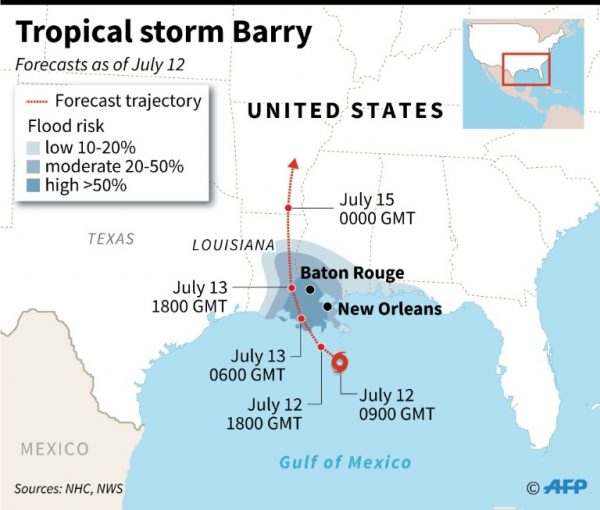The United States has taken decisive action to restrict travel and visa issuance for South Sudanese citizens, citing national security concerns and South Sudan’s lack of cooperation in accepting the return of its citizens subject to removal from the US. Secretary of State Marco Rubio announced the immediate revocation of all visas held by South Sudanese passport holders and the suspension of new visa issuance. This move underscores the US government’s commitment to enforcing its immigration laws and ensuring the national security and public safety of its citizens. The State Department emphasized that these restrictions will remain in effect until South Sudan demonstrates full cooperation in accepting the return of its citizens.
This decision reflects a growing frustration within the US government regarding South Sudan’s reluctance to repatriate its citizens who have been deemed inadmissible or deportable from the United States. The US maintains that every nation has a responsibility to accept the return of its citizens when requested by another country, a principle that South Sudan is perceived to have violated. The US government views this lack of cooperation as a threat to its national security, potentially allowing individuals with criminal records or ties to terrorism to remain within its borders. The visa restrictions are intended to pressure South Sudan into complying with international norms and accepting responsibility for its citizens.
The timing of this action coincides with a period of heightened tension and escalating violence in South Sudan. Recent clashes between government forces and armed opposition groups have raised concerns about a potential resurgence of the devastating civil war that ravaged the country between 2013 and 2018, claiming the lives of an estimated 400,000 people. The United Nations Secretary-General, Antonio Guterres, has issued urgent calls for international intervention to prevent South Sudan from descending back into widespread conflict. While the US government has not explicitly linked the visa restrictions to the escalating violence, the unstable security situation in South Sudan likely contributed to the decision.
The revocation of visas and suspension of new visa issuance will have far-reaching consequences for South Sudanese citizens, affecting their ability to travel to the US for various purposes, including education, employment, and family reunification. This move will likely strain relations between the two countries and could further isolate South Sudan on the international stage. The US government has indicated that it is prepared to review the restrictions once South Sudan demonstrates full cooperation in accepting the return of its citizens. However, the timeline for achieving such cooperation remains uncertain, leaving the future of US-South Sudan relations in a state of flux.
The broader implications of this decision extend beyond the immediate impact on travel and immigration. The US government’s actions could influence other countries to adopt similar measures, further isolating South Sudan and potentially hindering its efforts to rebuild and stabilize after years of conflict. The international community is closely watching the situation, urging both the US and South Sudan to engage in constructive dialogue to resolve the impasse and prevent further escalation of tensions. The future of South Sudan hangs in the balance, and the international community must work together to support a peaceful resolution to the ongoing conflict.
The visa restrictions imposed by the US highlight the complex interplay between immigration policy, national security, and international relations. While the US government maintains that its actions are necessary to protect its borders and citizens, the impact on South Sudan and its people is significant. The international community must strive to find a balance between upholding national security interests and respecting the rights and needs of individuals affected by these policies. The case of South Sudan serves as a reminder of the challenges faced by fragile states and the importance of international cooperation in promoting peace and stability.


